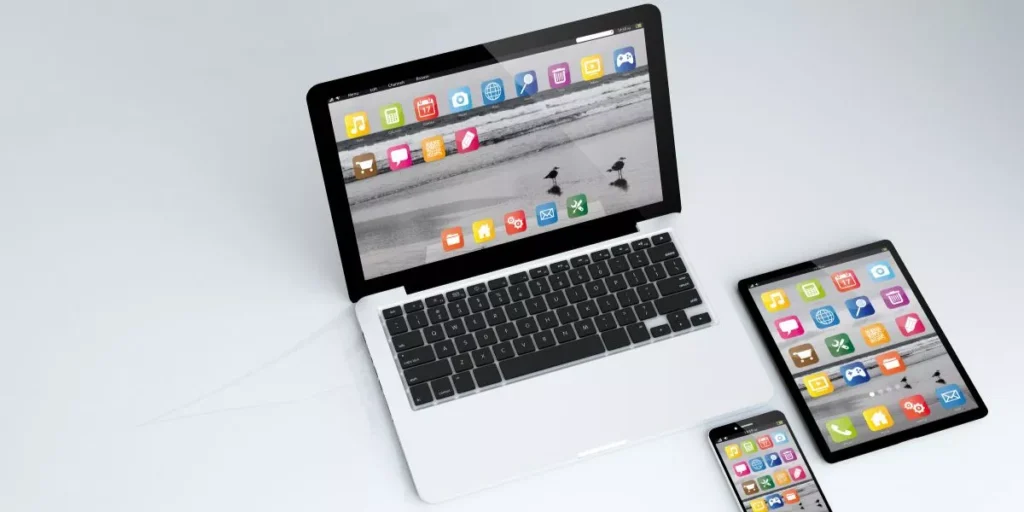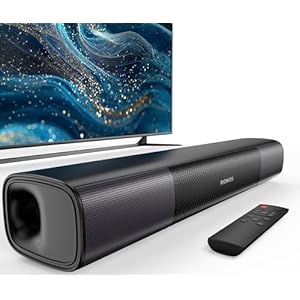
When it comes to running multiple applications on a laptop, the key lies in finding the right balance between processor power, RAM capacity, storage type, and cooling efficiency. You want a machine that can effortlessly juggle various tasks without breaking a sweat. But which laptops excel in this aspect? There are specific features and specifications that you should be mindful of when selecting a laptop for multitasking. Curious to know more about the top contenders in this domain?
Processor Performance
When selecting a laptop for running multiple applications, prioritize a fast processor to ensure smooth performance. The processor is the brain of your laptop, responsible for executing tasks efficiently. Look for laptops with quad-core or higher processors as they can handle multitasking better. Processors with high clock speeds are also beneficial as they can process instructions quickly, reducing lag when running multiple programs simultaneously.
Opting for Intel Core i5 or i7 processors or AMD Ryzen processors can provide the power needed for seamless multitasking. These processors offer strong performance across various applications, from productivity software to graphic design tools. Additionally, consider processors with Turbo Boost technology, which can dynamically increase clock speeds to meet the demands of resource-intensive applications.
To make the most of your laptop’s processor, ensure that it’s paired with sufficient RAM and storage. This combination will help you run multiple applications smoothly without experiencing slowdowns. Remember, a fast processor is key to enhancing your overall computing experience when juggling multiple tasks on your laptop.
RAM Capacity
To complement a powerful processor for running multiple applications smoothly, the next consideration is ensuring sufficient RAM capacity in your laptop. Random Access Memory (RAM) is crucial for multitasking, as it temporarily stores data that the processor needs quick access to. When running multiple applications simultaneously, each program requires its share of RAM to operate efficiently. Having an inadequate amount of RAM can lead to sluggish performance, lag, and even system crashes when the memory is overloaded.
For seamless multitasking, a laptop with at least 8GB of RAM is recommended. This capacity allows for smooth operation of various applications without causing bottlenecks. However, if you often work with more demanding software or numerous applications concurrently, opting for 16GB or even 32GB of RAM can provide a significant performance boost. Additionally, consider the RAM type and speed, as these factors also play a role in the overall efficiency of your laptop when handling multiple tasks.
Investing in sufficient RAM capacity ensures that your laptop can handle the demands of running multiple applications simultaneously with ease.
Storage Type and Speed
Consider the storage type and speed in your laptop to ensure optimal performance when running multiple applications simultaneously. The storage type, whether Solid State Drive (SSD) or Hard Disk Drive (HDD), can significantly impact how quickly your laptop can access and retrieve data. SSDs are known for their faster read and write speeds compared to HDDs, leading to quicker application launches and better overall system responsiveness. When running multiple applications, having an SSD can help reduce loading times and prevent bottlenecks.
Additionally, pay attention to the storage speed, usually measured in rotations per minute (RPM) for HDDs. Higher RPM typically means faster data access, which can be beneficial when running multiple applications that require frequent access to stored data. Opting for a higher RPM HDD or an SSD can enhance your laptop’s multitasking capabilities by reducing lag and improving overall performance. By choosing the right storage type and speed for your laptop, you can create a smoother multitasking experience and maximize productivity.
Cooling System
For optimal performance while running multiple applications, ensure your laptop’s cooling system effectively dissipates heat to prevent overheating. A robust cooling system is crucial to maintain the laptop’s temperature within safe limits, especially when pushing its limits with various applications running simultaneously. When the cooling system is inefficient, the laptop can experience thermal throttling, causing performance drops or even system shutdowns due to overheating.
Modern laptops employ various cooling technologies to manage heat effectively. Look for laptops with efficient heat pipes, multiple fans, and effective airflow design. Heat pipes help transfer heat away from the CPU and GPU to be dissipated by the fans. Multiple fans can enhance airflow, expelling hot air and drawing in cooler air to maintain lower temperatures. Additionally, laptops with well-designed ventilation systems, like strategically placed vents, can further aid in heat dissipation.
Regular maintenance of the cooling system is also vital. Keep the fans and vents clean from dust and debris to prevent blockages that could hinder airflow. Monitoring your laptop’s temperature during intensive tasks can help you identify any cooling issues early on and take necessary steps to prevent overheating.
Trending Products
























